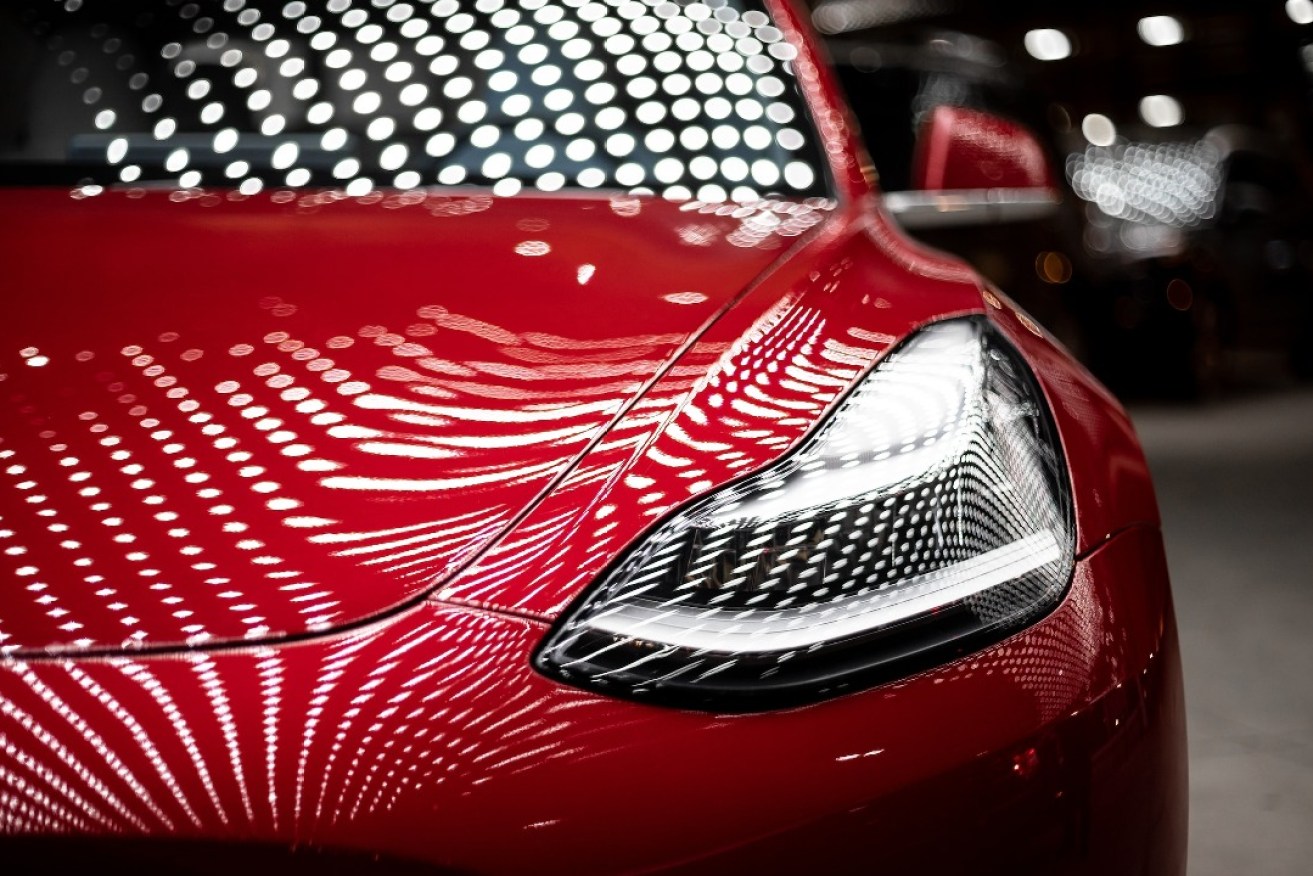Industry tightens repair rules for rising SA electric car owners
Mechanics are hanging out new shingles showing they meet strict new industry-approved electric vehicle repair guidelines, as the latest data shows the number of new EV owners in South Australia to be far outstripping last year’s sales.


The new sign program was launched by the Motor Trade Association (MTA) last week as the need to find qualified mechanics and repairers soars, Electric Vehicle Council figures show the number of EV vehicles sold in South Australia to date in 2023 is 143 per cent higher than last year.
Businesses have to meet stringent safety and workshop equipment standards and complete a relevant MTA electric vehicle training course to be allowed to hang the new signs, with the MTA finding ways to better protect new owners.
“More and more South Australians are choosing to drive an electric vehicle and it is important motorists have certainty that it will be adequately serviced or repaired,” MTA chief Darrell Jacobs said.
“As second-hand EVs become more common, approved mechanics will also be able to advise potential buyers of the condition of the EV battery.”
Jacobs said issues with electric vehicles can be harder to find and can require advanced scanning and diagnostic tools.
“Electric vehicles are different and it is important that motorists, automotive industry operators and our first responders are aware of the dangers and technology involved,” Jacobs said.
The MTA has called on the State Government to expand EV subsidies to continue to boost Electric Vehicle Council figures showing 8.4 per cent of new Australian cars sold in 2023 so far are electric, making it a more than a 120 per cent increase on 2022.
In South Australia, EV vehicles now account for 5.5 per cent of all new sales compared to 0.45 per cent in 2021.
The vast majority of sales are made up of only three models – Tesla Model Y, Tesla Model 3 and the BYD Atto 3, which represent more than 68 per cent of the EV market.
Their dominance has prompted the council to call for new standards so more car manufacturers can break into the market.
“While there are now 91 electric car, van and ute models available in Australia, most of these are only being supplied in small volumes,” according to the council report.
“This is a consequence of Australia not having a New Vehicle Efficiency Standard to ensure car manufacturers increase the supply of EVs to our country.”
The council is calling on the Federal Government to introduce a globally-competitive New Vehicle Efficiency Standard to parliament before the end of this year.
SA is lagging behind the rest of the country in the number of EV sales as a proportion of new sales at 6.5 per cent. The ACT is first with 21.8 per cent, followed by Tasmania at nine per cent, New South Wales at nine per cent, Victoria at 8.5 per cent, Queensland at 7.7 per cent, Western Australia at 7.5 per cent and the Northern Territory trailing at 2.4 per cent.
However, SA Transport Minister Tom Koutsantonis said more EVs will be hitting the state’s roads at the nation moves toward a net zero emissions target.
Last week he acknowledged a significant milestone in a joint ENGIE and Flinders University project where an EV charging station is using “bidirectional vehicle-to-grid technology” with 10 charges online.
EVs can be charged at the bay and at the same time discharge electricity to the campus’s electricity grid creating a virtual power plant, with the project recently winning the Sustainable Development Goals Initiative of the Year Award at the Triple E Awards in Barcelona.
“We are delighted to see this bold trial at Flinders hit its first key milestone, charging electric vehicles and feeding power back into the grid when needed, demonstrating how EVs can be harnessed to support SA’s electricity system during peak demand periods,” Koutsantonis said.
“More and more electric vehicles will be hitting our roads in years to come as we travel towards net zero emissions. With trials like this investigating the possibilities for broad use of this technology we can be confident we are on the right track.”
SA’s EV charging network is being rolled out by the RAA to have more than 500 charging bays at 140 sites in 52 locations.




